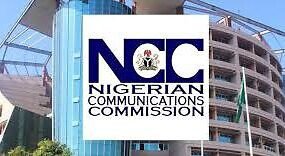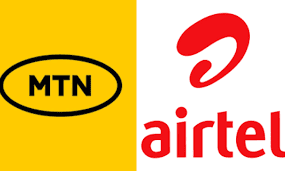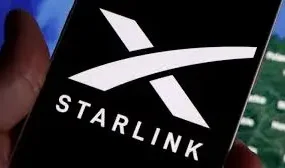Nigeria’s mobile network backbone is facing fresh pressure as a diesel supply blockade threatens to disrupt phone and internet services for millions. Infrastructure giant IHS Towers, which runs more than 16,000 base stations nationwide, is working with the Nigerian Communications Commission (NCC) and security agencies to defuse the crisis.
The company confirmed the matter is already before the courts but declined to discuss the legal details. “We have made formal reports to the Nigeria Communications Commission and relevant security agencies, and we are working with them towards a resolution of the ongoing matter,” IHS said in a statement.
Fuel Standoff Raises Telecom Risk
The tension began on Tuesday when members of the Nigerian Union of Petroleum and Natural Gas Workers (NUPENG) and the Natural Oil and Gas Suppliers Association of Nigeria (NOGASA) blocked access to diesel depots in Lagos, Kaduna, and Koko, Delta State. The move followed IHS’s claims that two firms linked to NOGASA were involved in fuel theft.
With MTN, Airtel, Globacom, and 9mobile relying heavily on diesel generators to keep towers running amid unreliable grid power, even a short supply disruption could have sweeping effects. Nigeria’s telecom market is valued at roughly $75 billion, and outages could impact both economic and security systems.
Gbenga Adebayo, Chairman of the Association of Licensed Telecommunications Operators of Nigeria (ALTON), urged all sides to resolve the dispute through “legal and contractual channels.” He warned that telecom disruptions could “have serious economic and security implications.”
Critical Infrastructure at Stake
Under Nigerian law, telecom facilities are classified as Critical National Information Infrastructure, meaning deliberate interference carries severe penalties. Industry figures show Nigerian telcos burn over 40 million litres of diesel every month, spending more than $350 million annually. Costs spike by up to 37 per cent in rural and off-grid areas.
In a bid to reduce fuel expenses and cut carbon emissions, operators including Airtel and MTN are increasingly using hybrid systems that combine solar power with lithium batteries. A joint NCC–GSMA study suggests this transition could lower running costs by 30 to 50 per cent.
For now, IHS says it is committed to keeping Nigeria’s communications grid stable despite the blockade. The coming days will show whether this standoff becomes a brief disruption — or a nationwide blackout risk.







2 replies on “Diesel Blockade Puts Nigeria’s Telecom Networks on Edge”
[…] battle over fuel supplies to telecom towers has deepened, as Nigeria’s gas suppliers accuse operators of twisting facts and dodging […]
[…] day, there is a threat of diesel supply blockades, vandalised fibre lines, tower theft, black-market batteries, fibre cuts in the construction of […]